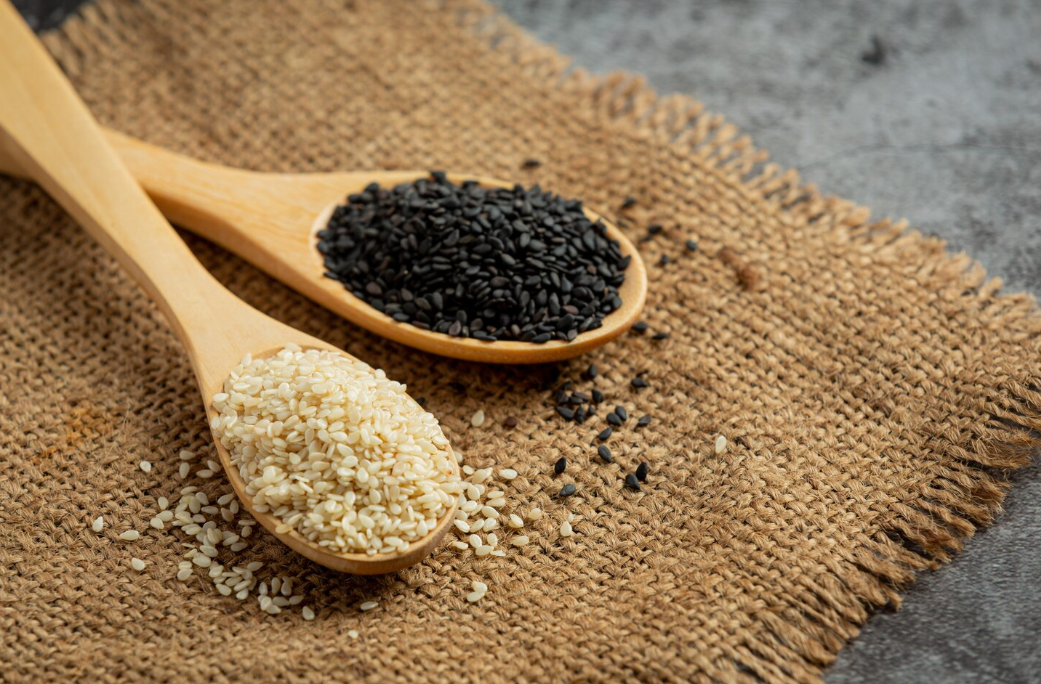The Good Gut Series
A bite-sized series exploring the fascinating world of your gut microbiome, which each article breaking down the science behind gut health and exploring how everyday lifestyle choices like sleep, stress, exercise, and diet can nourish your inner ecosystem.
Diet, Inflammaging, and Frailty:
Ultra-Processed Foods in Older Populations
How ultra-processed foods accelerate age-related inflammation and frailty, leading to chronic inflammation, muscle loss, and greater risk of disease and disability in older adults
Behaviour and Health Impacts
of Ultra-processed Foods
Learn more about how ultra-processed foods disrupt healthy eating habits and metabolism, increasing the risk of obesity, diabetes, and mental health issues
Ultra-processed Foods & Heart Health
Download our infographic on cardiovascular health to explore how ultra-processed foods impact your heart and discover practical changes you can make to support lifelong heart health.
Two of Asia’s Foods for Brain Health
Seaweed long used in coastal cuisines from Japan and Korea to Southeast Asia and the Pacific, is also a staple in many LMICs. Communities in Indonesia, the Philippines, Vietnam, Kiribati, the Solomon Islands, and Tanzania’s coastal regions harvest and eat seaweed regularly in salads, soups, stews, and dried snacks. In these settings, seaweed isn’t a wellness trend but a locally available, climate‑resilient food that supports nutrition, livelihoods, and food security.
Nutritionally, seaweed is rich in iodine and tyrosine, which help regulate thyroid hormones involved in metabolism, energy, and cognitive function. It also provides omega‑3s, polyphenols, B‑vitamins, and antioxidants that support neuroprotection, reduce inflammation, and contribute to long‑term brain health. Some varieties contain fucoidans and other bioactive compounds linked to improved cellular resilience and healthy ageing.
Sesame seeds found in everything from tahini to gomashio, are also deeply rooted in the food cultures of many LMIC’s. They are widely used across India, Pakistan, Bangladesh, Myanmar, Ethiopia, Sudan, Nigeria, Tanzania, and much of the Middle East and North Africa. In these regions, sesame appears in everyday foods such as til laddoo (India), benne seed stews (West Africa), halawa (Middle East), sesame pastes and sauces (East Africa), and sesame‑crusted snacks and breads across South and Southeast Asia. For many communities, sesame is not a garnish but a nutrient‑dense, culturally embedded staple.
Nutritionally, sesame seeds offer healthy fats, vitamin E, and lignans that help protect brain cells from oxidative stress and support long‑term cognitive resilience. They also provide B‑vitamins, calcium, magnesium, and plant‑based compounds that support nerve function, blood flow, and cellular repair. Their combination of antioxidants and anti‑inflammatory compounds makes sesame particularly valuable in LMIC diets, where affordable, shelf‑stable sources of brain‑supportive nutrients are essential.
Food is a lever that can shift
the health of nations
The Lastest Research
Ugandan Women Farmers Growing Legumes for Climate Resilience
Celebrate pulses as their resilience, affordability, and versatility make them vital in tackling food insecurity and promoting sustainable diets







